Research centres and institutes
The School of History hosts over a dozen research centres and institutes. The distinction is that ‘institutes’ offer taught masters programmes, while ‘centres’ do not. They all have a core mission of raising St Andrews’ profile in their field, and fostering the intellectual and professional wellbeing of their associated researchers. They bring together staff and postgraduates with common interests by running seminars, annual lectures, social events and reading weekends.
Centre for Anatolian and East Mediterranean Studies
The Centre aims to promote research on the history and culture of the lands of Anatolia and the Eastern Mediterranean (i.e. the region from the southern Balkans to Egypt) from late antiquity to the First World War. In particular, the Centre aims to promote interdisciplinary research by bringing together historians, art historians and language and literature specialists.
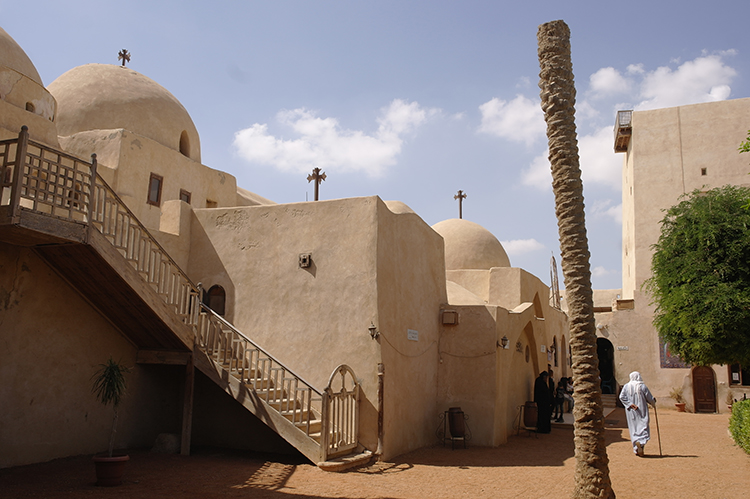
Centre for Global Postsocialisms, Southeast, Central, and East European Studies
The Centre for Global Postsocialisms, Southeast, Central, and East European Studies (GloPost) at St Andrews was founded in 1990. Its aim is to promote Russian, post-Soviet and Eastern European research and teaching by bringing together members of staff from various departments across the University who share interests in this field.
The centre sponsors visiting speakers, runs informal colloquia and offers a package of taught postgraduate courses leading to higher degrees in Central and East European Studies.
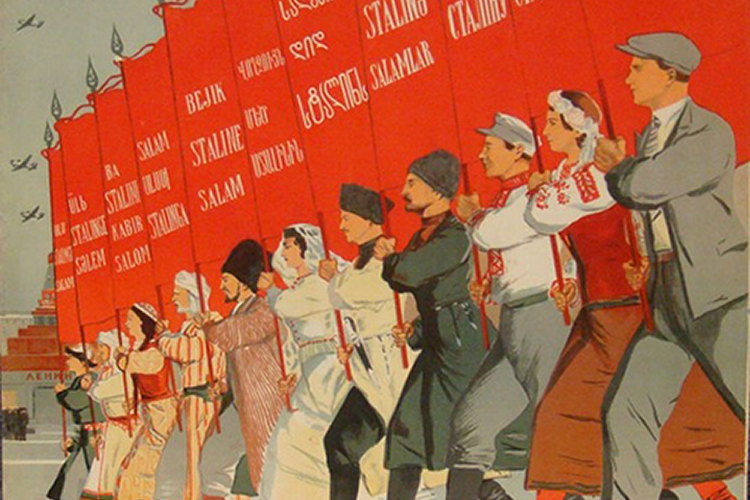
The Institute for Iranian Studies
The Institute provides post-graduate opportunities for both those wishing to continue with academic research and those intending to pursue a career outside academia. Teaching includes graduate courses in Iranian history and politics and well as language training.

The Institute of Legal and Constitutional Research
The Institute is the home of outstanding cross-disciplinary research in the fields of law, legal history and constitutionalism at the University of St Andrews. Founded in 2015, it unites leading scholars in history, international relations, and literature with early-career researchers and graduate students, in order to foster a vibrant community of 21st-century researchers. Particular expertise lies in the areas of legal history, global constitutionalism, and legal aspects of international relations.
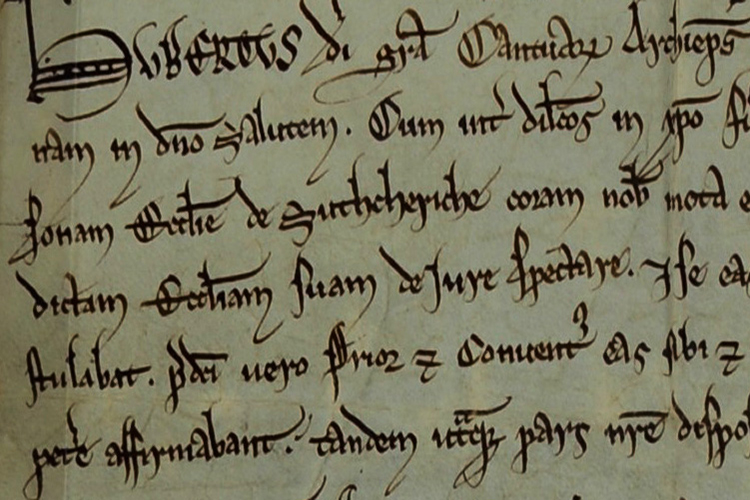
Institute for Transnational & Spatial History
The School of History is home to a large group of historians who share interests in the field of comparative and transnational history ranging from the late-18th to the late-20th century and covering geographical areas including Western, Central and East-Central Europe, as well as North Africa, Iran and North America. The group hosts conferences, organises a research seminar and offers a range of Honours modules as well as a dedicated option at Masters level. The Institute promotes cross-disciplinary education and research of Middle Eastern, Central Asian and Caucasus locales.
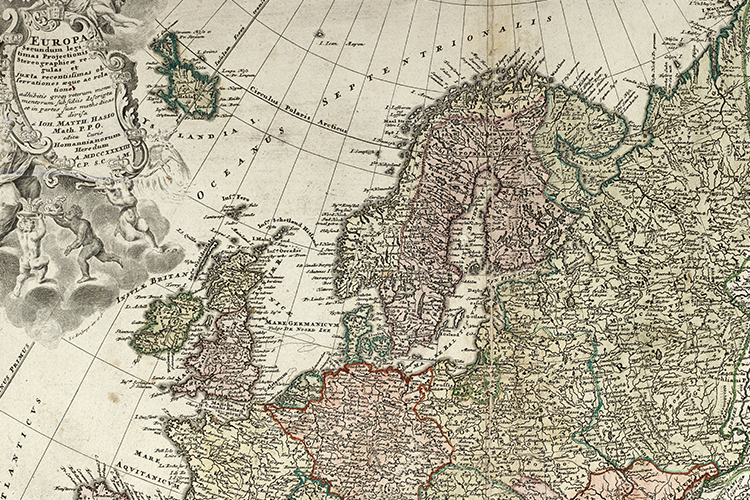
Centre for French History and Culture
The Centre was founded to focus and enhance existing strengths at St Andrews in the field of French History. It provides an intellectual and social focus for staff and graduate students working in any field and on any period related to the history of France and its possessions. Events sponsored by the Centre include a biennial seminar and conferences.
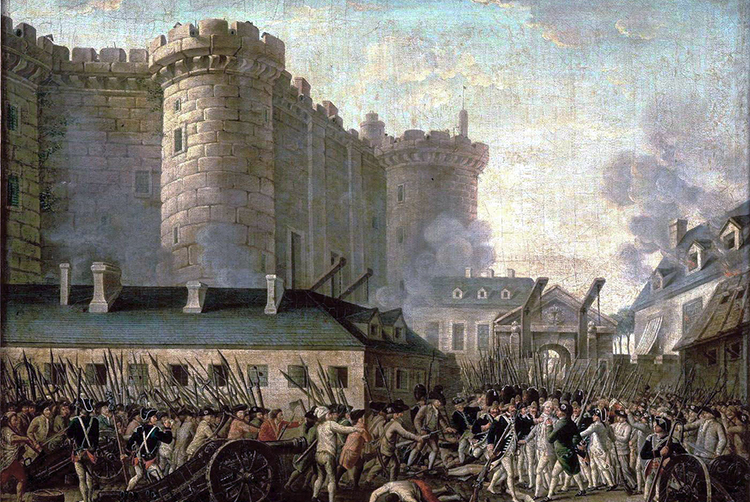
Institute of Intellectual History
The Institute is a hub for everyone interested in intellectual history, for scholars pursuing research projects, for the teaching of intellectual history, for individuals and groups seeking access to the activities of intellectual historians internationally, and for the history of intellectual history itself through the archive of the papers of intellectual historians. The Institute is home to a number of major projects, hosts online resources, and enjoys a lively programme of graduate-led events.

Institute for Scottish Historical Research
The Institute of Scottish Historical Research is a major initiative and focus for research into Scotland’s past at the University of St Andrews. The Institute draws together the excellence and expertise of nearly a dozen historians of Scotland and the Scots at St Andrews and benefits from the support of Professor T.C. Smout, the Historiographer Royal for Scotland.
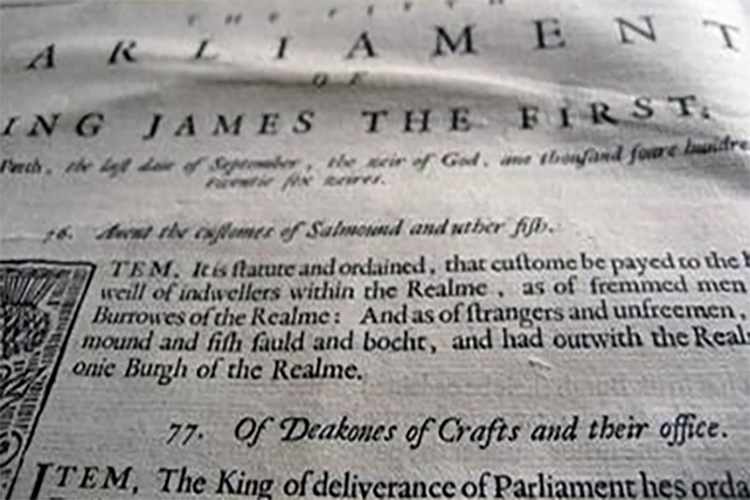
The St Andrews Institute of Medieval Studies (SAIMS)
The Institute of Medieval Studies brings together medievalists from across the Faculties of Arts and Divinity at St Andrews for joint conferences, collaborative research projects and shared teaching. The Institute draws on the long history of excellence in Medieval History in St Andrews, where both leading experts and numerous postgraduates have found a home over the last five decades
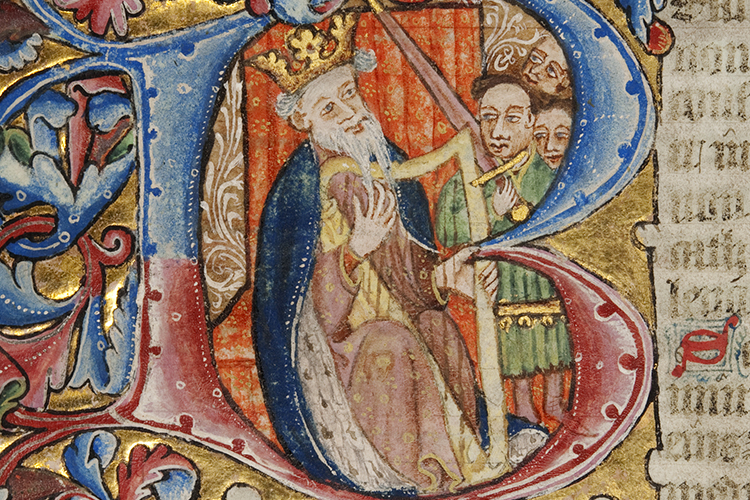
The St Andrews Reformation Studies Institute
A leading centre of scholarship in Reformation history in the UK, the Reformation Studies Institute is a substantial community of staff, fellows and postgraduate students. In addition to hosting visiting scholars, holding a regular seminar and providing members of the editorial board of the St Andrews Studies in Reformation History, the Institute is home to a large number of post-graduate students on MLitt and PhD programmes

Centre for Archaeology, Technology, and History
The St Andrews Centre for Archaeology, Technology, and History brings together historians, field archaeologists, and archaeological scientists whose work focuses on all aspects of the medieval world. Many of our new and ongoing projects integrate the newest technologies for the investigation of medieval artifacts and human remains — including dental calculus analysis and proteomics — with textual and archival research.
Other institutes and centres
The School also participates in the following interdisciplinary research institutes and centres